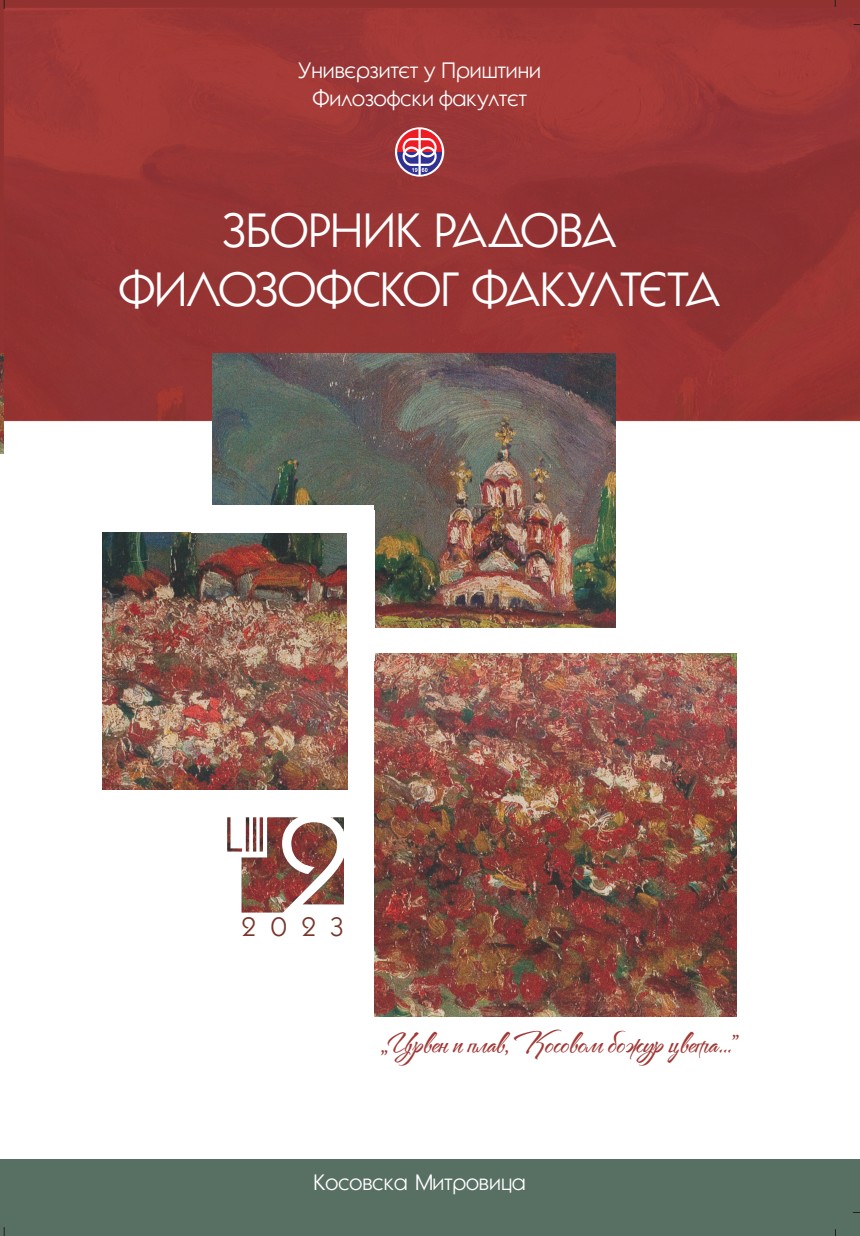Интеркултурални приступ подучавању енглеског језика: предности и изазови
Intercultural Approach to English Language Teaching: Advantages and Challenges
Author(s): Nataša M. Bakić Mirić, Tamara Jevrić, Jelena Ratković StevovićSubject(s): Language and Literature Studies, Foreign languages learning
Published by: Филозофски факултет, Универзитет у Приштини
Keywords: English language; intercultural communication; students; teachers.
Summary/Abstract: In the 21st century, teaching and learning a foreign language obviously includes teaching and learning about culture. In this regard, a new method of teaching English has emerged that is equally focused on language and culture. Teaching English through an intercultural approach actually teaches students about cultures by developing their intercultural communicative competence while at the same time developing their language skills. Although this approach to English language teaching is relatively new, this paper will analyze the basic principles of an intercultural approach to English language teaching, lesson planning, and textbook selection. An intercultural approach to teaching English enables students to understand the differences that can occur in communication between people coming from the English-speaking world; develop skills, attitudes and awareness of different values; beliefs and worldviews in these cultures, at the same time improving language competence and skills as well as getting to know one’s own culture. In the real world, however, it should be borne in mind that the acquisition of intercultural competence is never complete and perfect. A successful intercultural communicator does not require perfect knowledge of English and/or cultural competence. There is no perfect model for successful teaching and learning intercultural competence, as there is no complete definition of what an intercultural approach to English language teaching actually encompasses, and whether it is possible to assess objectively students’ knowledge upon completion of the course. However, as the world inevitably becomes culturally diverse due to migration for economic and/or political reasons, it is vital that students accumulate intercultural knowledge in a foreign language course, which certainly poses a challenge for the language teachers.
Journal: Зборник радова Филозофског факултета у Приштини
- Issue Year: 53/2023
- Issue No: 2
- Page Range: 97-112
- Page Count: 16
- Language: Serbian

